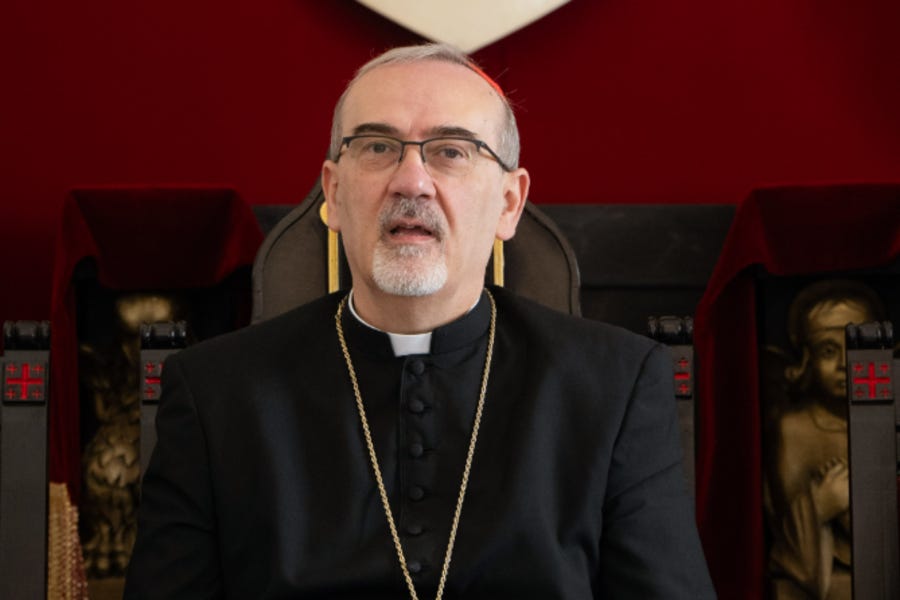Meet the conclave: Cardinal Pierbattista Pizzaballa
How the Holy Land shaped his faith and leadership.
In the 1960s, a lantern-jawed figure with a memorable surname played in goal for Italy’s Atalanta soccer team. His name was Pier Luigi Pizzaballa. In 1965, Pier Luigi’s cousin, Pietro, welcomed a son into the world and named him Pierbattista.

